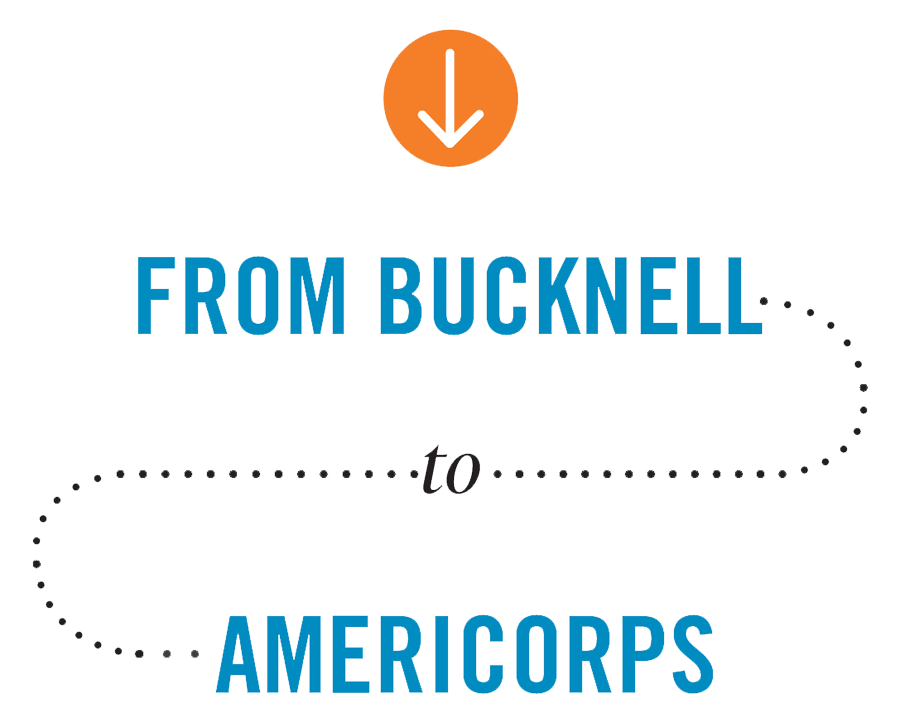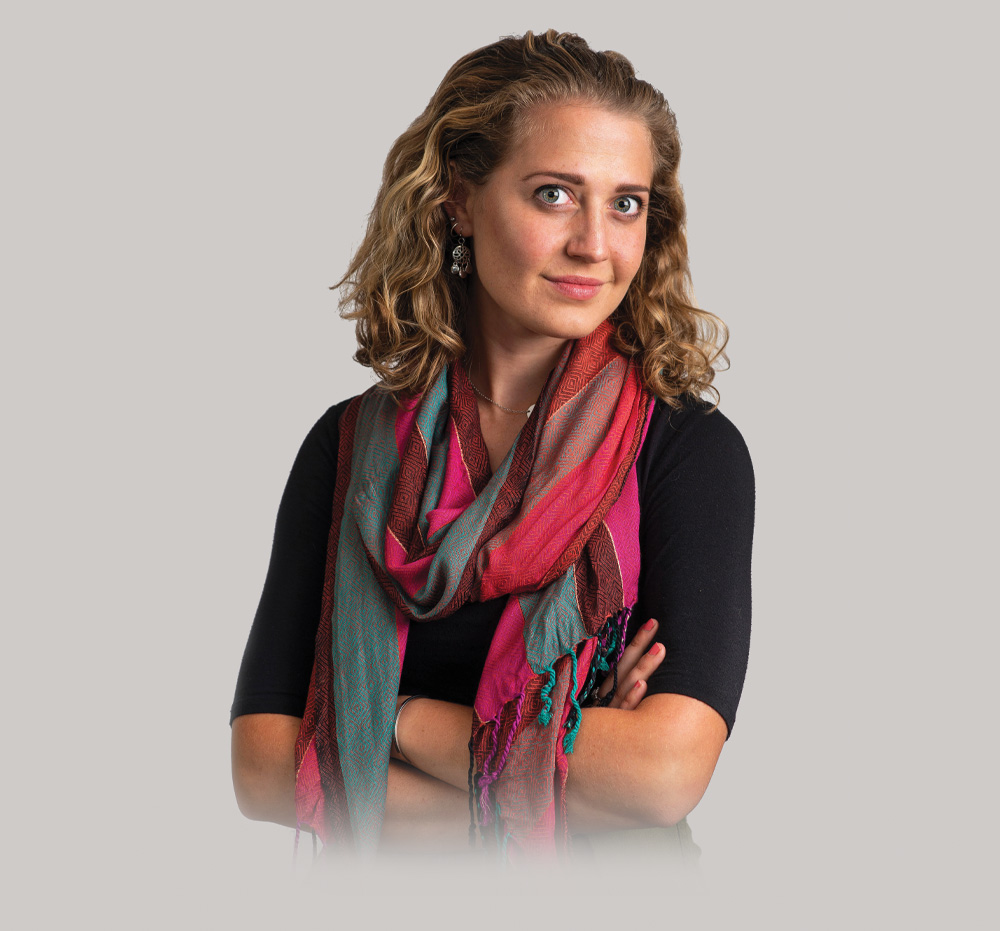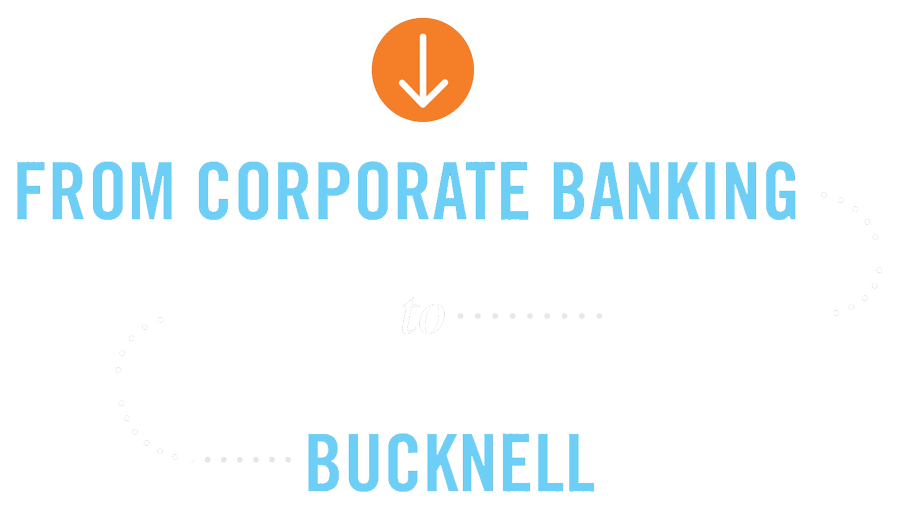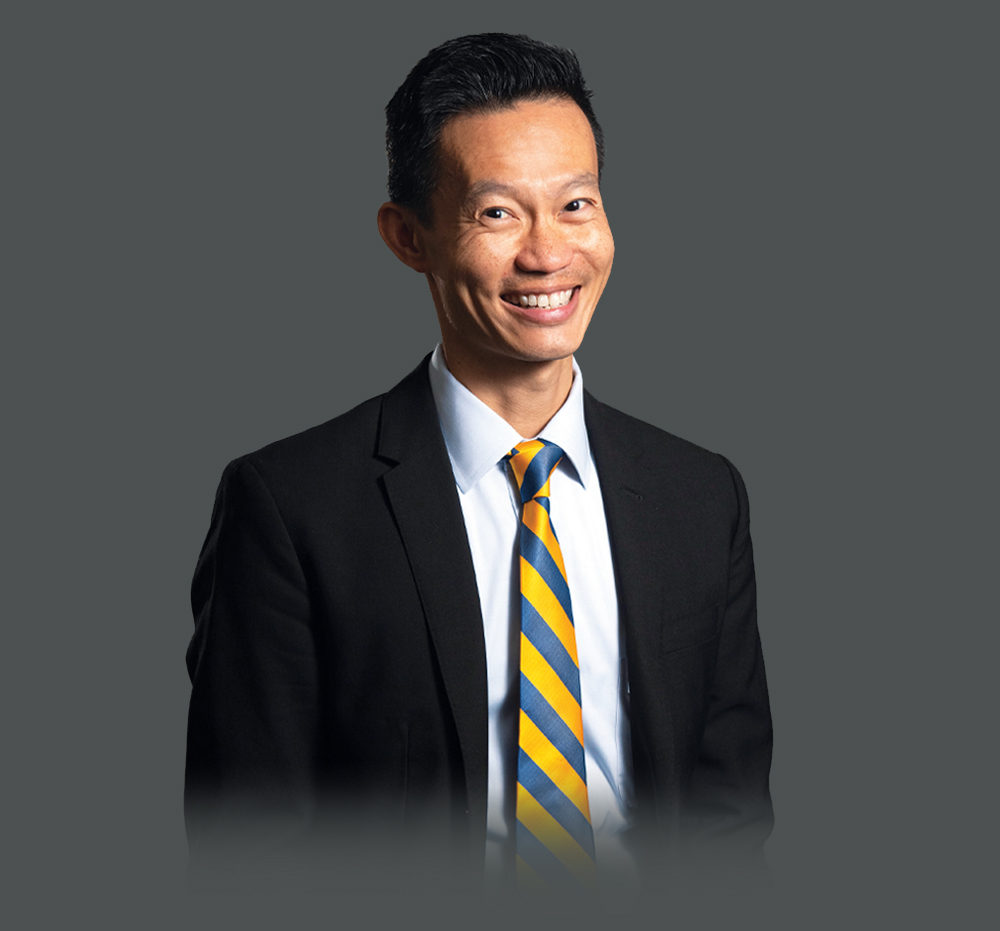
by Susan Lindt
Burling volunteered with children in the U.S. and Spanish-speaking countries during high school and later through Bucknell’s Office of Civic Engagement. She designed her AmeriCorps service to learn more about Hispanic culture in the United States.
With an eye on foreign service, Burling will soon start a master’s in intercultural and international communication at American University’s School of International Service. By design, she survives on food stamps, a stipend of about $285 a week and wages from her weekend job. She wants to know the challenges of the families she serves.
“I care about my work; I want to see it from a minimalist, on-the-ground point of view,” she says. “If there’s any time to do what I’m doing, it’s now.”


Burling volunteered with children in the U.S. and Spanish-speaking countries during high school and later through Bucknell’s Office of Civic Engagement. She designed her AmeriCorps service to learn more about Hispanic culture in the United States.
With an eye on foreign service, Burling will soon start a master’s in intercultural and international communication at American University’s School of International Service. By design, she survives on food stamps, a stipend of about $285 a week and wages from her weekend job. She wants to know the challenges of the families she serves.
“I care about my work; I want to see it from a minimalist, on-the-ground point of view,” she says. “If there’s any time to do what I’m doing, it’s now.”

by Matt Hughes
His curiosity was so strong that Ng left banking to pursue a Ph.D. in business administration and concentrate on diversity in the workplace. Since then, he has authored and/or edited four books and more than 100 papers, reports and editorials on topics from migration policies to generational differences in how we approach work.
Now the James & Elizabeth Freeman Professor of Management at Bucknell, Ng prepares his students to be compassionate managers striving to make their organizations more equitable and inclusive.
“My hope is that I can help people realize injustice in the world and inspire action for the benefit of humanity,” he says.


His curiosity was so strong that Ng left banking to pursue a Ph.D. in business administration and concentrate on diversity in the workplace. Since then, he has authored and/or edited four books and more than 100 papers, reports and editorials on topics from migration policies to generational differences in how we approach work.
Now the James & Elizabeth Freeman Professor of Management at Bucknell, Ng prepares his students to be compassionate managers striving to make their organizations more equitable and inclusive.
“My hope is that I can help people realize injustice in the world and inspire action for the benefit of humanity,” he says.